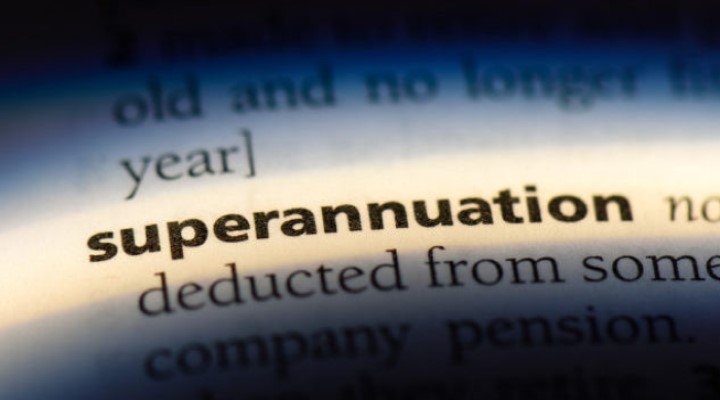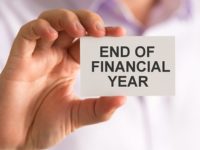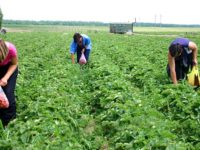In an announcement released by Treasurer Jim Chalmers and Assistant Treasurer and Minister for Financial Services Stephen Jones, the Federal Government bared that the tax rate on earnings for superannuation accounts with balances of more than $3 million would increase to 30 per cent from up to 15 per cent from 2025-26.
Some sectors have welcomed the announcement as it helps address the inequity of tax concessions in superannuation.
However, Australian professional services firm RSM Australia contended that the tax rate change will be detrimental, especially to small and medium business owners.
RSM Australia’s director of financial services, Grace Bacon, said, “The messaging has been that these changes will only impact 88,000 well-off Australians but the reality is some sectors will be hit hard because of how they manage their superannuation within their business structure. Without significant amendment, the changes flagged this week will impact people who have worked really hard to build their own businesses and their wealth.”
Bacon added, “ATO data shows that more than one-fifth of Australia’s self-managed super funds (as of 2020-21) sit in the $1-2 million asset range and it’s not hard to see growth in the value of their property or assets flipping many of these above the $3 million cap. This includes farmers, and suburban and regional SMEs – asset-rich, cash-poor in many cases – who have commercial property in their self-managed super funds which they rent for their businesses.”
“Especially in Australia’s metro cities, the value of a standard mixed-use commercial property sitting within a small business owner’s self-managed super fund could easily be $3 million or more. Then there’s your farmer in Esperance, or your small manufacturer in Albury, who have land or property in their SMSF and will now be vulnerable due to demand-driven growth in land value. What we are seeing is potentially a very radical change: a tax on unrealised gains.”
RSM Australia’s national agribusiness lead, Ross Paterson, also commented, “The agri sector is highly likely to be hit harder than any other sector. As an example, we have a farming client who bought a 1000-acre farm at $1000 an acre back in 2006 and put it into his self-managed super fund. Now that land is worth $6000 an acre, so under this policy, he’s got a $6 million balance and his tax liability on $300,000 rental income would jump from about $45,000 to $67,500. This increase in tax is compounded if we start to tax unrealised gains in land value as well. This is a significant increase for someone with a relatively modest farm that they’ve put into their SMSF. As with any policy change, the devil will be in the detail of how this super change will be practically implemented and administered.”
Bacon added, “It would have made more sense to define the objective of super before tweaking the system. What the super cap announcement clearly points to is the Australian Government’s views on the purpose of super – that it’s not a wealth creation system.”
She concluded, “There is a significant lead time until the policy takes effect and I’d encourage people to hold steady, don’t rush making changes to their super until this consultation period plays out, hopefully the Government listens to community pushback and there’s clarity about what legislation is passed.”















